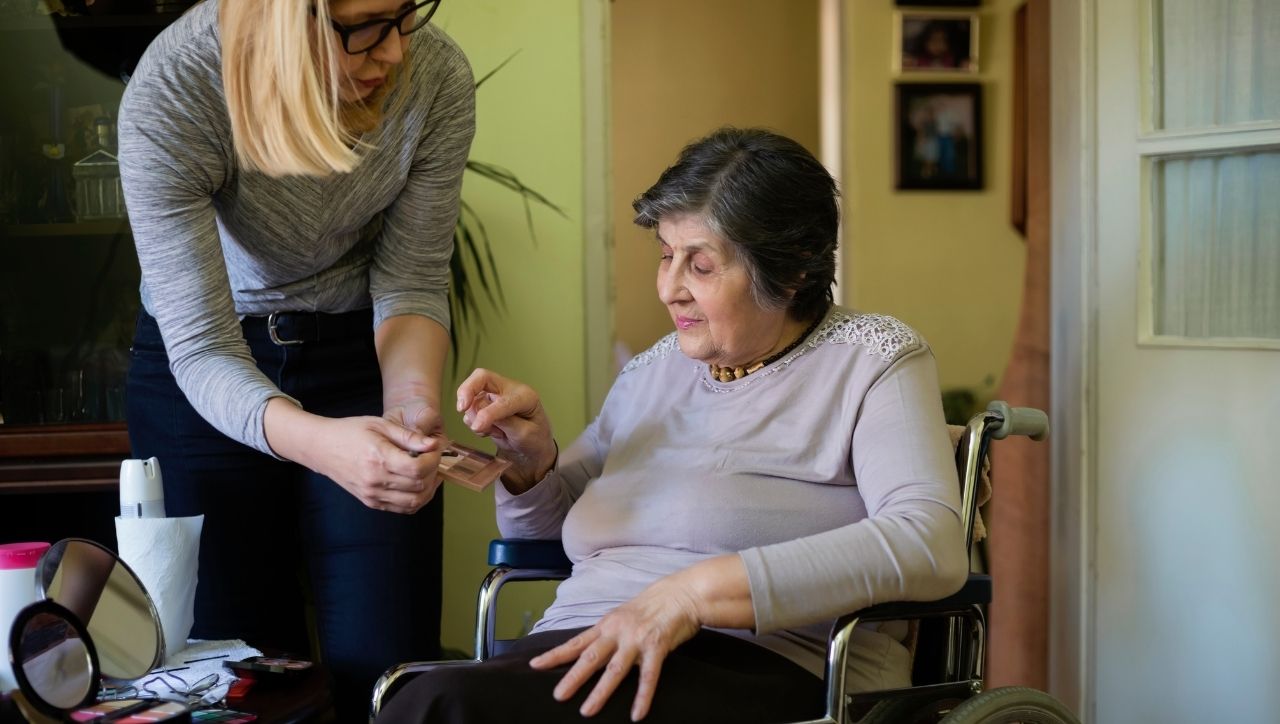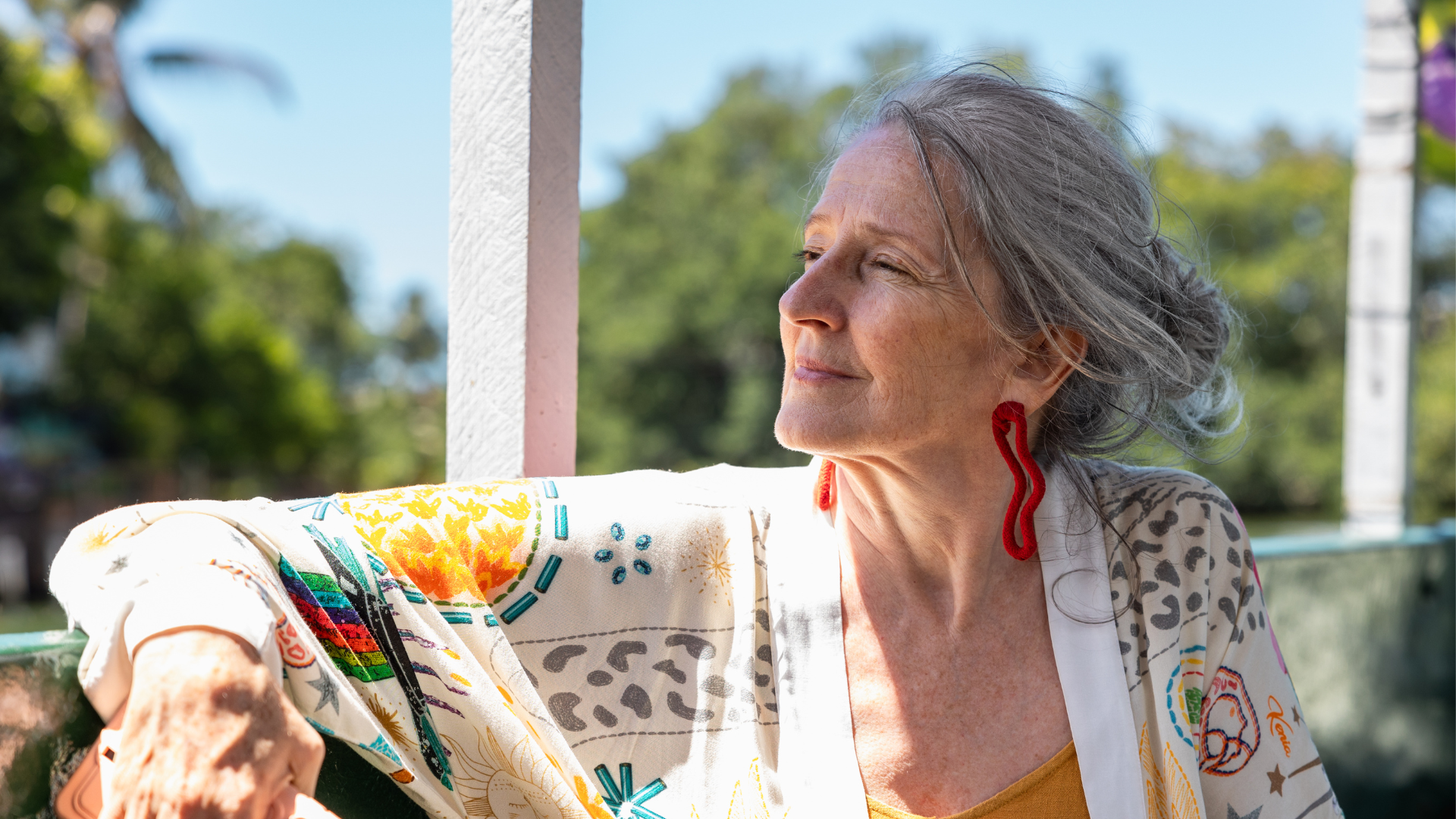Article | 04/15/22
Supporting Caregivers: The Next Step in Addressing Social Determinants of Health

This article originally appeared in Fierce Healthcare on April 4th, 2022.
“Sometimes I just want to scream, ‘What about me?! I’m exhausted and overwhelmed from taking care of my husband.’”
We get calls like this every day from people around the country who are going through what is often a lonely, exhausting, and scary experience: being an unpaid family caregiver.
One in five adults is a caregiver for a family member or loved one, and they spend an average of 24 hours per week providing care. Last year, I became part of these statistics when my mom’s worsening dementia meant she had to move into assisted living. I couldn’t find the help and guidance I needed—despite my 10 years of professional experience leading teams at the intersection of medical and social care. I really was on my own.
Unpaid family and friend caregivers are an untapped resource in the healthcare ecosystem. They are the most trusted and familiar members of the care team. They are also largely responsible for keeping their loved ones healthy and in lower-cost care settings.
The responsibility of caregiving can take a mental, physical and financial toll. Approximately 85% of sandwich generation caregivers, who care for both their children and older parents, experience adverse mental health symptoms. More than 20% of all caregivers report that caregiving was somewhat or extremely financially stressful. And 11% report that their caregiving duties caused their physical health to worsen. The importance of resilient caregivers is therefore apparent for both the care recipients and the caregivers themselves.
Caregiving has such a profound impact on health that it should be considered a diagnosable condition.
Caregiving has such a profound impact on health that it should be considered a diagnosable condition. Like access to nutritious food and a safe living situation, caregiving is a social condition that can drive medical complexity for the caregiver. It can also alleviate medical complexity for the loved one. Without the social support of unpaid family caregivers, loved ones teeter on the edge of medical crises.
Protecting and supporting family caregivers is the next social determinant of health the industry must address. We can start by providing caregivers trusted guidance and resources, paving the way for broader, more transformational change in the way we recognize caregivers, and support patients and the vital social care they need.
Outsourcing this support to third-party partners with deep caregiver expertise allows health plans to quickly operate on a national scale, combining high-touch support with high-tech tools to provide longitudinal care where and when caregivers need it.
The caller who asked, “What about me?!” was basically ready to quit. If she did, her husband would have likely needed to move into a nursing home. But by the end of the call with one of our Care Advocates, I knew she would hang in there. Her voice was light when she said, “That was just what I needed: someone to strategize with me. Thank you for making this more bearable.”
Connecting family caregivers to the help they need—that’s better care at a lower cost.
Get in touch to see how Carallel can help your organization support family caregivers. Call 833-227-2553 or email info@carallel.com.
The latest from Carallel

Caregiver Journey Webinar
A Caregiver Conversation by Carallel: Helping Children Adjust When a Loved One Moves In
We dive into the practical realities of moving the person you're caring for into your home - and offer simple tips for helping children adjust....

Blog
The ‘Invisible Second Patient’: Understanding the Role of Dementia Caregivers
There are 16 million Americans caring for a loved one with Alzheimer’s disease or a related dementia today. Despite the group’s sheer size, they...
